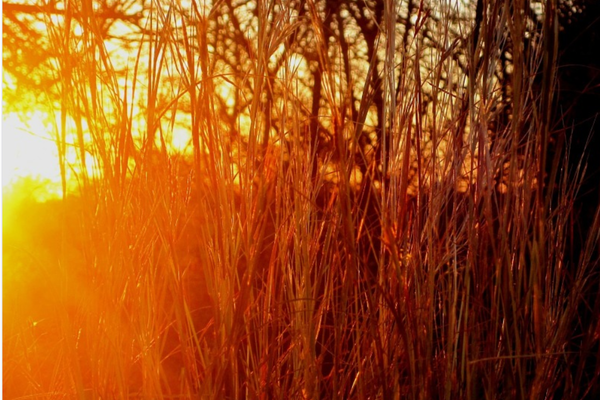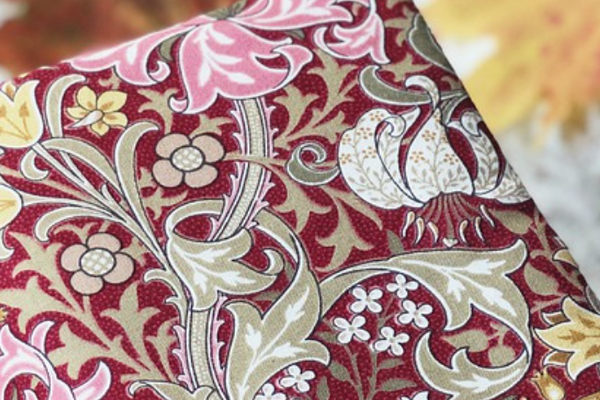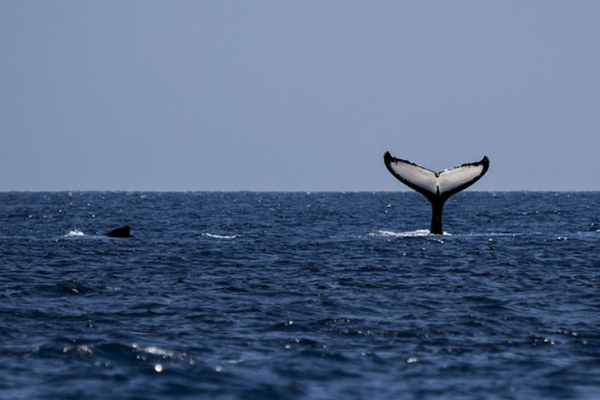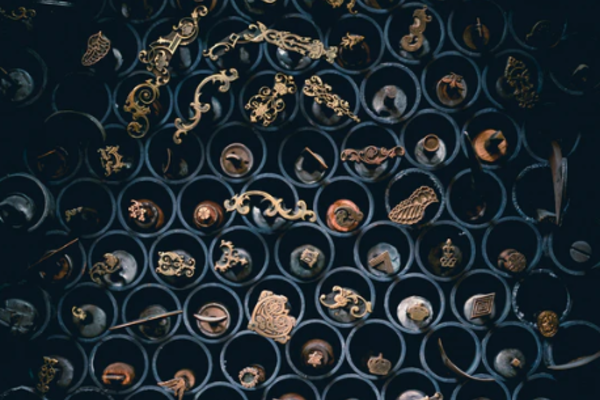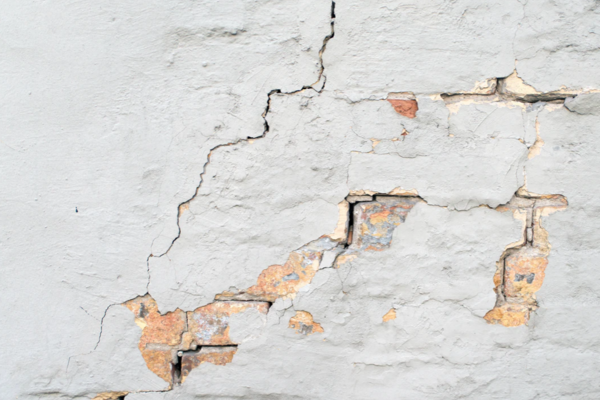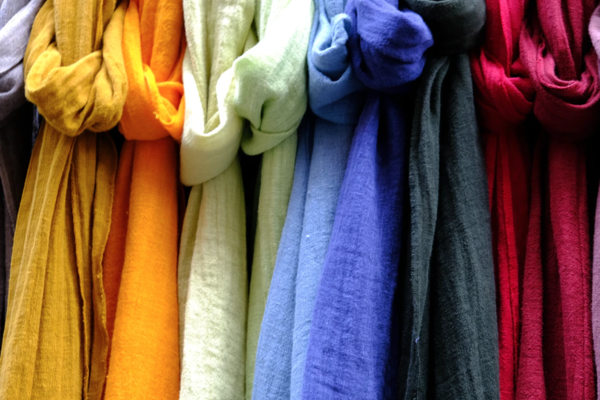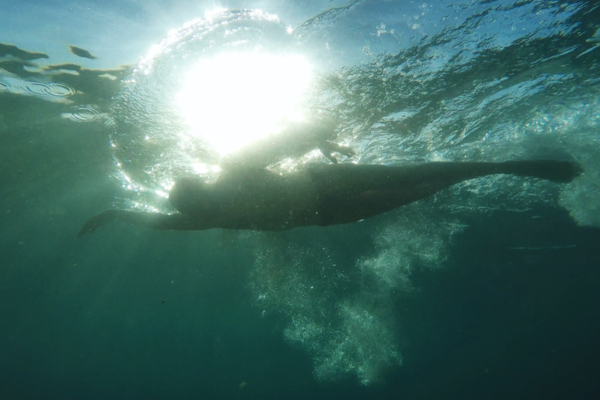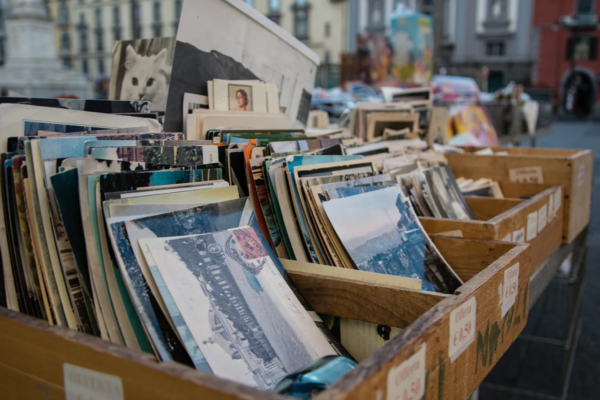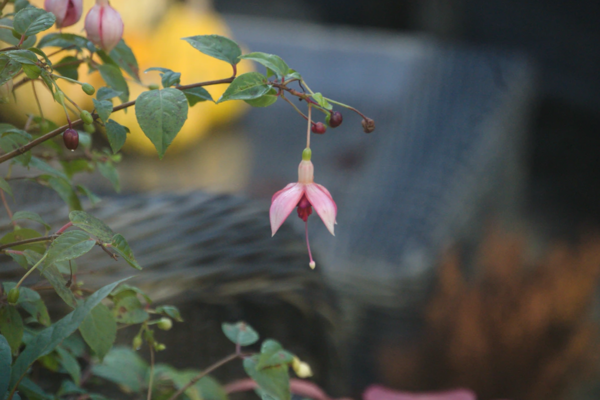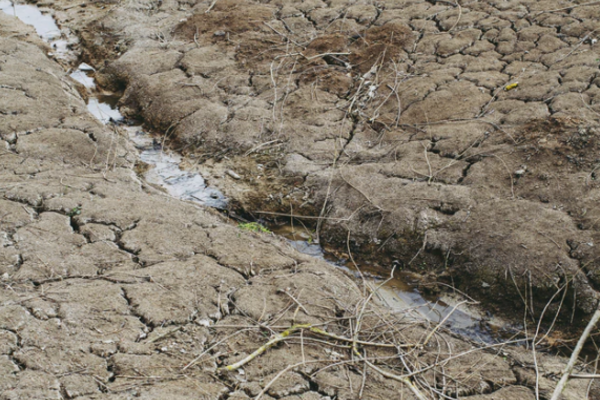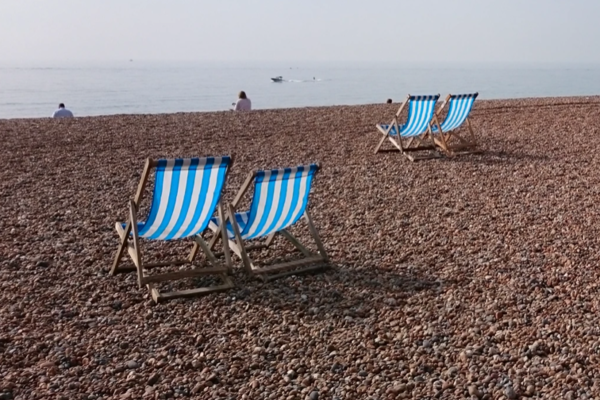If I lived...
The kitchen tap
It is early morning. Day 15 of the lockdown. I fill the kettle from the kitchen tap and while it boils I fetch the milk from the doorstep. Following my new routine, I rinse the bottles in soapy water before I put them in the fridge. Then I wash my hands and dry them with a clean towel. If I lived in a village in India I would not have fresh, clean water to make tea or wash my hands or launder my towels.
The freezer
I take a slice of bread from the freezer and toast it for my breakfast. The freezer is full, not just of basic food like fish, fruit, and vegetables but treats – pizza, ice cream, and lemon slices for my gin and tonic. If I lived in Yemen I would not have a freezer, nor, quite probably, any food to put in it.
The computer
It’s time for Zoom yoga so I turn on my computer. I live half my life online now: exercise classes, drinks with friends (no longer just the ones in far flung places but those who live around the corner), plays, concerts, galleries. If I lived in a refugee camp in Greece, I would not have a computer with fast, cable broadband. Any cultural life would be nothing but a memory. I might have a smartphone, a vital lifeline to friends and family, but not the electricity to charge it.
The hammock
After my yoga class I lie in my hammock in the garden, bright with yellow daffodils, orange tulips and, hiding in the grass, the unexpected blue of violets. In the pond the tadpoles have hatched, and the quince tree is smothered in cup-shaped blossoms, creamy white with a faint hint of pink. The greenhouse shelters seedlings. I will have tomatoes, cucumbers, beans and courgettes. If I lived in a tower block in London I would not have access to a garden, or perhaps even a balcony. I might walk in the park but would not be allowed to sit and soak up the sunshine, to relax and breathe.
The red kites
High above my head the kites wheel, their forked tails outlined against the blue of the sky, distinctive flashes of white on the underside of their wings. Twenty years ago we had no kites in the city but now I see them every day. Their high-pitched, eerie cry transports me to a hillside in the Chilterns, the green landscape stretching far away into the distance. But when I open my eyes again, I can see no further than the fence at the end of the garden. My horizon has shrunk to a few hundred feet and the next 24 hours. To look further ahead is to feel a tightening of the chest that has nothing to do with the virus. If I lived in Gaza, I would probably feel like this all the time.
Alison Baxter lives in Oxford and writes about the forgotten lives of ordinary people. Her PhD from Oxford Brookes (2019) examined the boundary between fiction and nonfiction. She is hoping, lockdown permitting, to publish her book about a Cornish seafaring family in the age of Victoria. She tweets @AlisonRBaxter and blogs at https://victorianlives.wordpress.com


